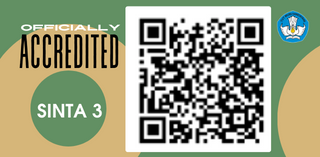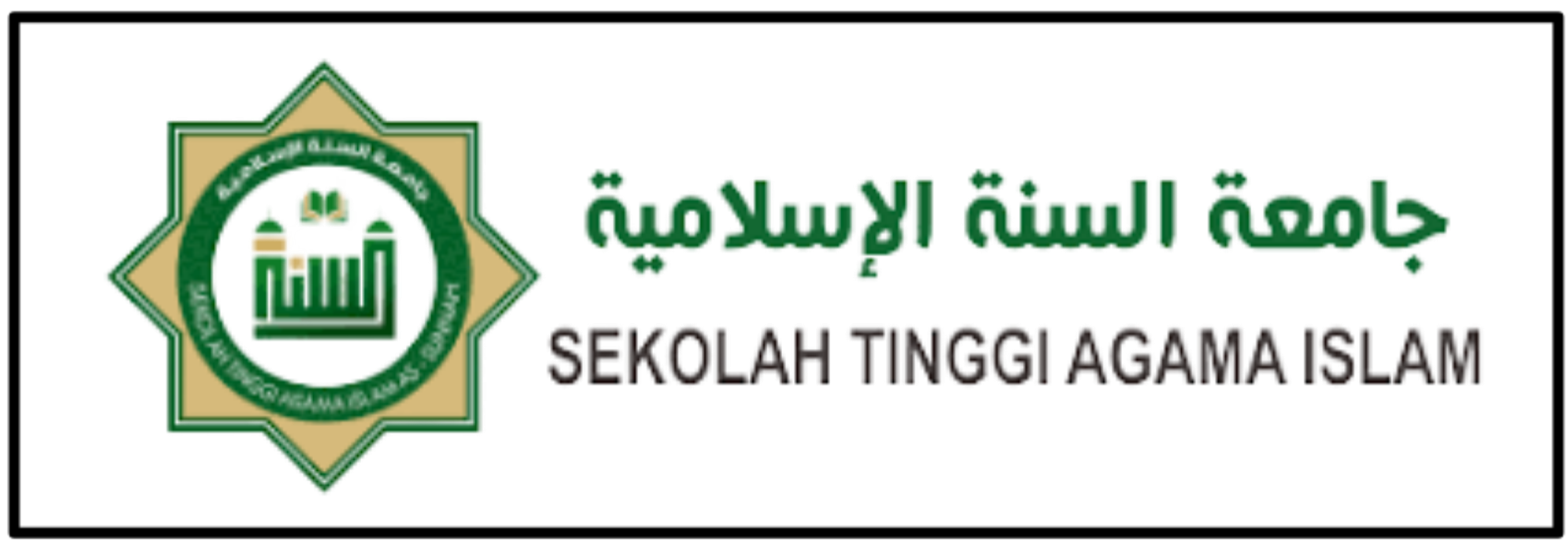The Development of Human Resources in Realizing a Madani Society Based on the Quran
Abstract
The realization of a civil society is the highest ideal in every group of people, many efforts have been made by policy makers related to this, and not a few of the academics who gave birth to concepts related to efforts to realize civil society. While in Islam, the Quran is the source of every aspect of life without exception to develop and build a civil society, therefore this paper will reveal and describe the results of the analysis of human resource development according to the Quran in an effort to realize civil society. The research was conducted through a literature study, the main sources of which are interpretations of the Quran related to civil society, articles and books that discuss relevant topics. Data analysis techniques are done through domain analysis that runs since data collection. The results of the analysis prove that acknowledging diversity, tolerance and having a democratic attitude are attitudes that must be built in realizing civil society. This finding is in line with the necessity of the birth of a generation based on the Quran and always practicing the content of Quranic values in everyday life.
References
Al Ayubi, Sholahuddin,"Ummah dan Masyarakat Madani dalam Al-Qur'an", Al-Fath 6, No. 2 (2012).
Andayani, Linda, dkk,"Dampak Pergaulan Bebas terhadap Prestasi Akademik di Kalangan Mahasiswa Fessospol Universitas Sains dan Teknologi Jayapura", Jendela 10, No. 01 (2022).
Astuti, Mardiah, dkk. "Pentingnya Pendidikan Islam dalam Membentuk Karakter Generasi Muda", Jurnal Faidatuna 4, No. 3. (2023).
Astuti, Ngudi,"Peran Umat Islam Dalam Mewujudkan Masyarakat Madani di Indonesia", Jurnal Ilmiah Mimbar Demokrasi 11, No. 02 (2012).
Hidayati, Eka Wahyu, "Mencetak Generasi Anak Usia Dini yang Berjiwa Qur'ani dalam Perspektif Pendidikan Agama Islam", JCE: Journal of Chilhood Education 3, No. 1. 2019.
Jamar, Johari, Pengantar Studi Al-Qur'an dan Hadis. Padang: UIN IB Press, (2022).
Kamali, Masoud. “Civil Society and Islam: A Sociological Perspective.” European Journal of Sociology 42, no. 3 (2001): 457–82. https://doi.org/10.1017/S0003975601001059.
Khazanah Islam, Mencetak Generasi Islam, Biturrahmanonline.com.
Kirana, Yanti. “Psikologi Dan Etika Profesi Dalam Nilai-Nilai Ilmu Pengetahuan.” Jurnal Hukum Dan Keadilan 7, no. 1 (2020).
Mas’udi, Wawan. “Masyarakat Madani: Visi Etis Islam Tentang Civil Society.” Jurnal Ilmu Sosial Dan Ilmu Politik 3, no. 2 (1999): 164–87. http://jurnalsospol.fisipol.ugm.ac.id/index.php/jsp/article/view/127.
Muhammad, Nurdinah, "Masyarakat Madani dalam Perspektif Al-Qur'an", Al-Mu'ashirah 14, No. 01 (2017).
Mukti, Abdul, Manhalul 'Irfan. Bandung: Sinar Baru, (1987).
Pohl, Florian. “Islam, State, Civil Society, and Education BT - Handbook of Islamic Education.” edited by Holger Daun and Reza Arjmand, 1–23. Cham: Springer International Publishing, 2017. https://doi.org/10.1007/978-3-319-53620-0_18-1.
Ritonga, Mahyudin, Sri Wahyuni, and Hendri Novigator. “The Future of Arabic Language Learning for Non-Muslims as an Actualization of Wasathiyah Islam in Indonesia.” F1000Research 12 (2023): 27. https://doi.org/10.12688/f1000research.125760.1.
Salam, Nawaf. “Civil Society in the Arab World: The Historical and Political Dimensions.” In Occasional Publications, Vol. 3. Cambridge: Cambridge University Press, 2002.
Sudarto. Metodologi Penelitian Filsafat. Jakarta: PT RajaGrafindo Persada, 2022.
Zulkarnaini, Zulkarnaini, and Dedi Masri. “The Quran and the Transformation of Beliefs.” International Journal of Social Service and Research 4, no. 01 (2024): 66–78. https://doi.org/10.46799/ijssr.v4i01.662.
Copyright (c) 2024 Zulkifli, Mahyudin Ritonga, Syaifullah SA

This work is licensed under a Creative Commons Attribution 4.0 International License.








.png)












.png)

